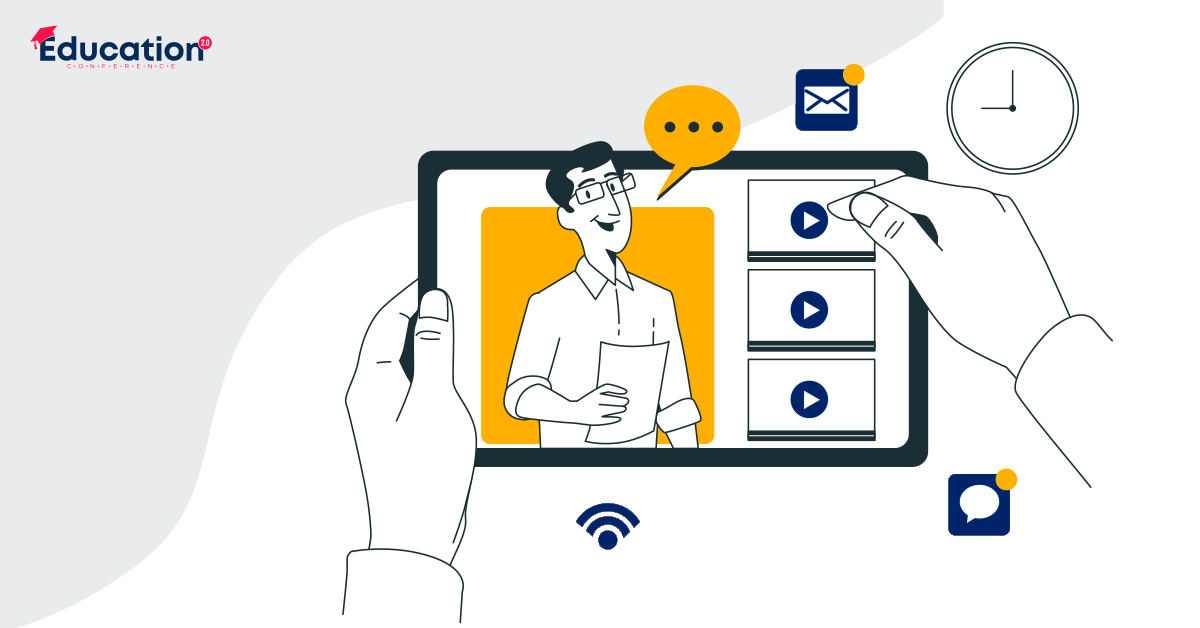In this new era of learning, there is a lot of trial and error when adopting new technologies. Still, some tried-and-true techniques have long been successful in other industries. Many of these tools aim to increase autonomy and promote teamwork. Though specific tools are more popular, they all produce excellent outcomes. There are numerous ways to improve teaching and learning. You may already be familiar with devices and software that support teachers today. Before selecting a digital education tool to enhance classroom learning, consider these crucial factors noted by the experts at our top education conference and event to gain the best outcomes:
-
Learning objectives are necessary
As you are aware, your state's education department or the agency that accredits your school establishes learning objectives (such as content requirements). Several words refer to learning objectives. For instance, some schools or districts refer to them as "objectives," "prioritized standards," or "important learning." The fundamental principle is the same, regardless of terminology: We must ensure that our kids have clear, demanding, 21st-century learning goals. Then we may choose which digital technologies will assist us in achieving those objectives.
Each choice of digital instrument should be selected with a specific goal before considering any other factors. Is the technology intended to assist pupils in developing their more creative side or to help them study for standardized tests? Although some tools may be used for various activities, focusing on a single objective can help you get the most out of them. According to Education 2.0 Conference’s professionals, what the student can accomplish with the digital tool is where it all starts.
-
Is the tool necessary, or is it just a prop?
Determine how the tool will fit into the student's current tool inventory after you have determined the tool's purpose and type. Will this resource be necessary for a class or other academic course? Is it merely an additional means for the student to research a subject not addressed in class? Considerations regarding time and cost are also influenced by answering these questions.
Of course, the tool's price is another important consideration. Free and less expensive software is more accessible and might have more users. A digital tool may help schools, instructors, and students save money in the long run. Therefore, rather than asking how much the item would cost you, you could want to ask how much money it will save you. If funds are minimal, present it as a learning opportunity and involve the audience. Advanced students are frequently motivated to assist in problem-solving
The student's comfort level using digital technologies should be considered. Consider the tools you've already used and how they stack up against the potential choices. Even if the learner has no prior experience with digital tools, learning how to use a new device can be pretty instructive.
-
Possibilities to discover and create
Numerous digital tools give students the freedom to investigate their ideas. These resources will be helpful to advanced students as they start projects for class and those arising from their particular interests as project-based learning gains popularity.
The Future Awaits
Reports show that we have significantly changed how we educate pupils during the past year. In addition, the technology utilized to put this learning into practice has also increased.
Tablets and other devices are at a noteworthy 31%, which is significant given that e-books are at an all-time high. Any school that uses technology to support digital learning must be ready to consider the finest solutions for all platforms to guarantee the privacy and security of their students' personal information along with the most efficient learning environment. In our upcoming education conference, we will bring to use some EdTech tools that educators have widely used worldwide.












